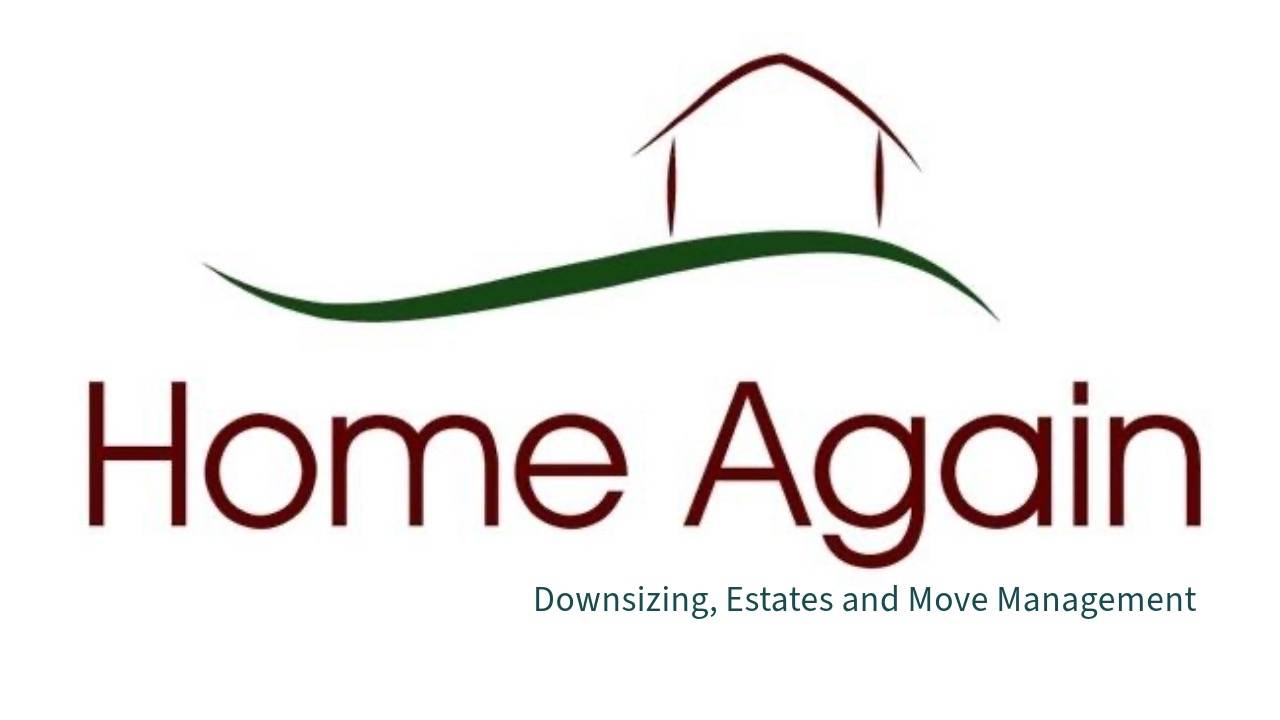When thinking about downsizing, seniors often have a difficult time determining where their next home should be. Seniors residence? Condo? Independent living? Assisted living? These are some factors to consider.
When you’re downsizing, one of the biggest decisions you’ll face is deciding what scenario is the best fit for you. Its important to consider what your needs are now and what they may be over the next several years. Unfortunately, none of us has a looking glass to peer into the future and see what our lives will look like. Its important to consider a variety of scenarios and what you’ll be happy with as you continue along life’s path.
- Your age and level of independence. A 90 year old will have a different set of criteria to consider than a 60 year old. If you are living well independently and just want less responsibility with yard and home maintenance, a condo or rental apartment might be a good choice. If you’re an older adult that would like to free themselves from the chores of cooking and cleaning and would like more companionship or activities, consider a seniors residence. If you require assistance with bathing, medications, and daily living tasks, you’ll want to look at buildings that provide assisted living services.
- Are you prepared to move again? If you’re thinking about a condo or rental unit, you’ll want to consider having a plan for if/when you require more assistance. Are you prepared to move again in another few years? Will you bring in care if you ever need it? Some seniors residences offer what is referred to as a “community of care” which means they have several levels of care from independent to complex care. This often means you will not need to move again if you ever need more care. You will likely have to move to a different area of the residence, but you will not need to move to a different seniors residence.
- What can you afford? Your cost of living will vary depending on where you go. Condos will have maintenance fees as well as the usual taxes, insurance, cable, heat etc. A rental will have the monthly rental fees but some will include the extra fees associated with cable/heat, etc. A seniors residence will have a higher rental fee but will have most of the monthly costs (including food) rolled into the fee. Assisted living buildings charge extra fees which often vary depending on what services you require. On top of all that, the scale of what you pay will be driven by how upscale the building is. A financial planner can help you decide what you can afford using planning tools that will forecast how long your savings will last based on the various scenarios.
- Are you lonely? If you have a desire for more companionship and social engagement, a seniors residence will likely address that need. Seniors residences offer residents a variety of daily activities, opportunities to explore the local community and sometimes even travel. As well, most building serve o





